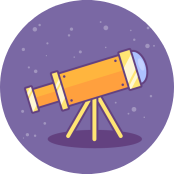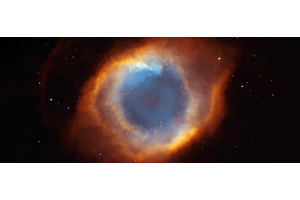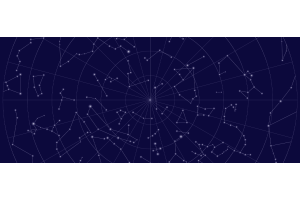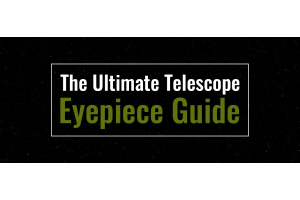
Observatories are home to some of the biggest and most impressive telescopes in the world. As many amateur astronomers know, there are numerous ways to experience the night sky beyond looking through a telescope in your own backyard. New Hampshire has impressive observatories that offer a wide variety of star parties, tours, and observatory programs that will expand your knowledge of astronomy and your love of the night sky, whether you are new to astronomy or have been in the hobby for years.
For your convenience, we have compiled an alphabetical list of observatories in New Hampshire that offer programs for the public.
Disclaimer: This information was collected from the observatories’ websites in August 2024. Some information may be subject to change if the websites are updated. If interested in visiting one of the listed observatories, please contact the observatory for the latest information before you visit.
Shattuck Observatory
Maintained by the Department of Physics and Astronomy at Dartmouth College, the Shattuck Observatory is the oldest scientific building on the Dartmouth campus in Hanover, New Hampshire.
Telescope
The observatory owns a share in the largest telescope in the Southern Hemisphere, the 11 meter Southern African Large Telescope (SALT). The observatory also has a North Telescope, and other telescopes offered up for public viewing.
Visiting
Public observing is currently suspended. The Department of Physics and Astronomy graduate students are currently reformatting public observation. They plan to resume during the Fall term. For more up-to-date information, please check the public observing website here.

Image Credit: William J. Kaufman '20
UNH Observatory
The University of New Hampshire’s Department of Physics and Astronomy manages the UNH Observatory and is staffed by a host of volunteers. The observatory is located in St. Durham, New Hampshire.
Telescope
The main telescope at the UNH Observatory is a 14” reflecting telescope built in 1981 and donated to the University around 1984.
Visiting
The observatory offers free public sessions on the first and third Saturdays of every month. These sessions start at 8pm and end at 10pm from late September through March and 9pm to 11pm from April through August. The observing schedule can be found at the bottom of this page. There are also free private sessions for groups of eight or more people. These can be set up on weeknights or weekends. Other events, which can be accessed by clicking on the schedule above, are held at the observatory and depend on upcoming celestial events.

Image Credit: Ken Gallager

Interested in finding an observatory or planetarium in your state? Check out our Astronomy Hub!









